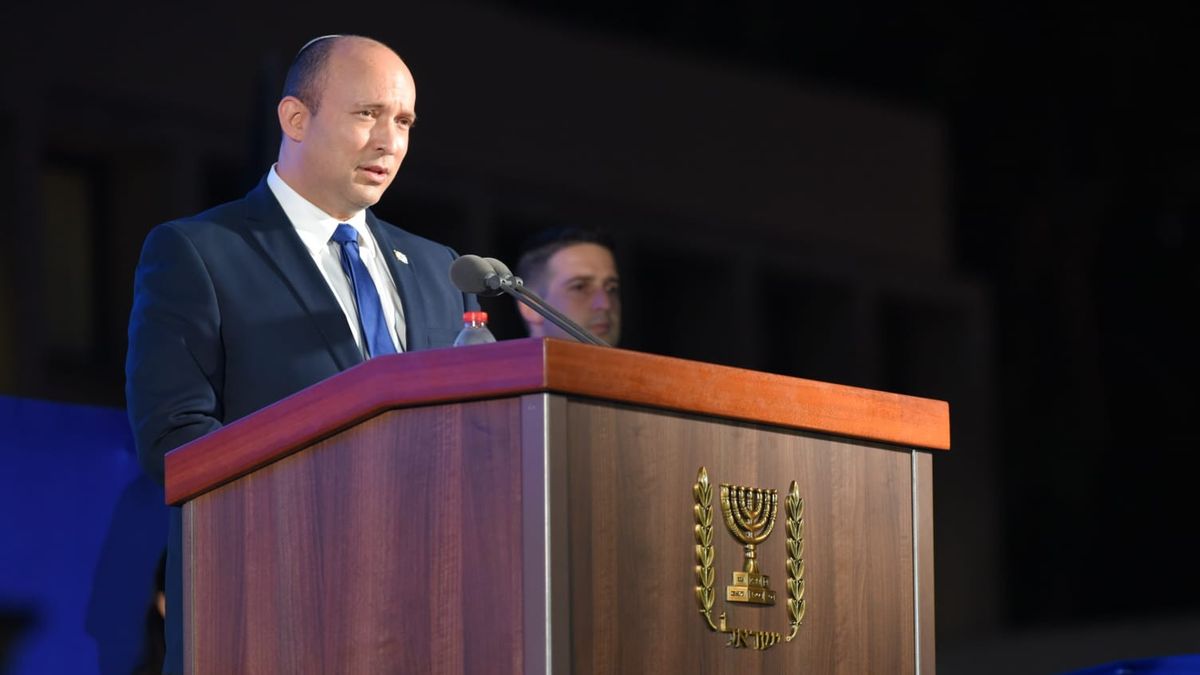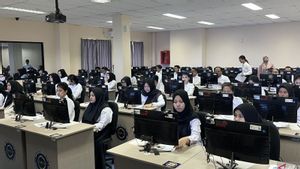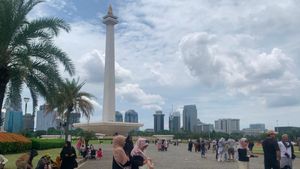JAKARTA - Israeli Prime Minister Naftali Bennett said on Sunday the United States deal with Iran that was formed to revive Iran's 2015 nuclear deal with world powers was weaker than the original arrangement and would lead to a tougher Middle East.
The 2015 deal limited Iran's uranium enrichment to make it harder for Tehran to develop material for nuclear weapons, in exchange for the lifting of international sanctions against Tehran.
But that has been eroding since 2018, when then-President Donald Trump withdrew the United States and reimposed broad sanctions on Iran.
"The deal that emerges, it seems, is very likely to create a tougher and more volatile Middle East," PM Bennett said in a speech in Jerusalem to American Jewish leaders.
The aim of the nuclear talks in Vienna, Austria is to return to the original offer to lift sanctions on Iran in exchange for curbs on its nuclear activities that extend the time needed to produce enriched uranium, enough for an atomic bomb if it wants.
Iran itself through a number of its leaders has repeatedly said its nuclear ambitions are for peaceful purposes.
PM Bennett said the biggest problem in the current negotiations is the possible shorter time, two and a half years, before Iran can freely operate the advanced centrifuges, as the original timeline may not be extended.
"Israel will not accept Iran as a nuclear threshold," he said, repeating the old position, at the Conference of Presidents of the Great American Jewish Organization. "Israel will always maintain the freedom to act in self-defense," said Prime Minister Bennett.
The English, Chinese, Japanese, Arabic, and French versions are automatically generated by the AI. So there may still be inaccuracies in translating, please always see Indonesian as our main language. (system supported by DigitalSiber.id)













